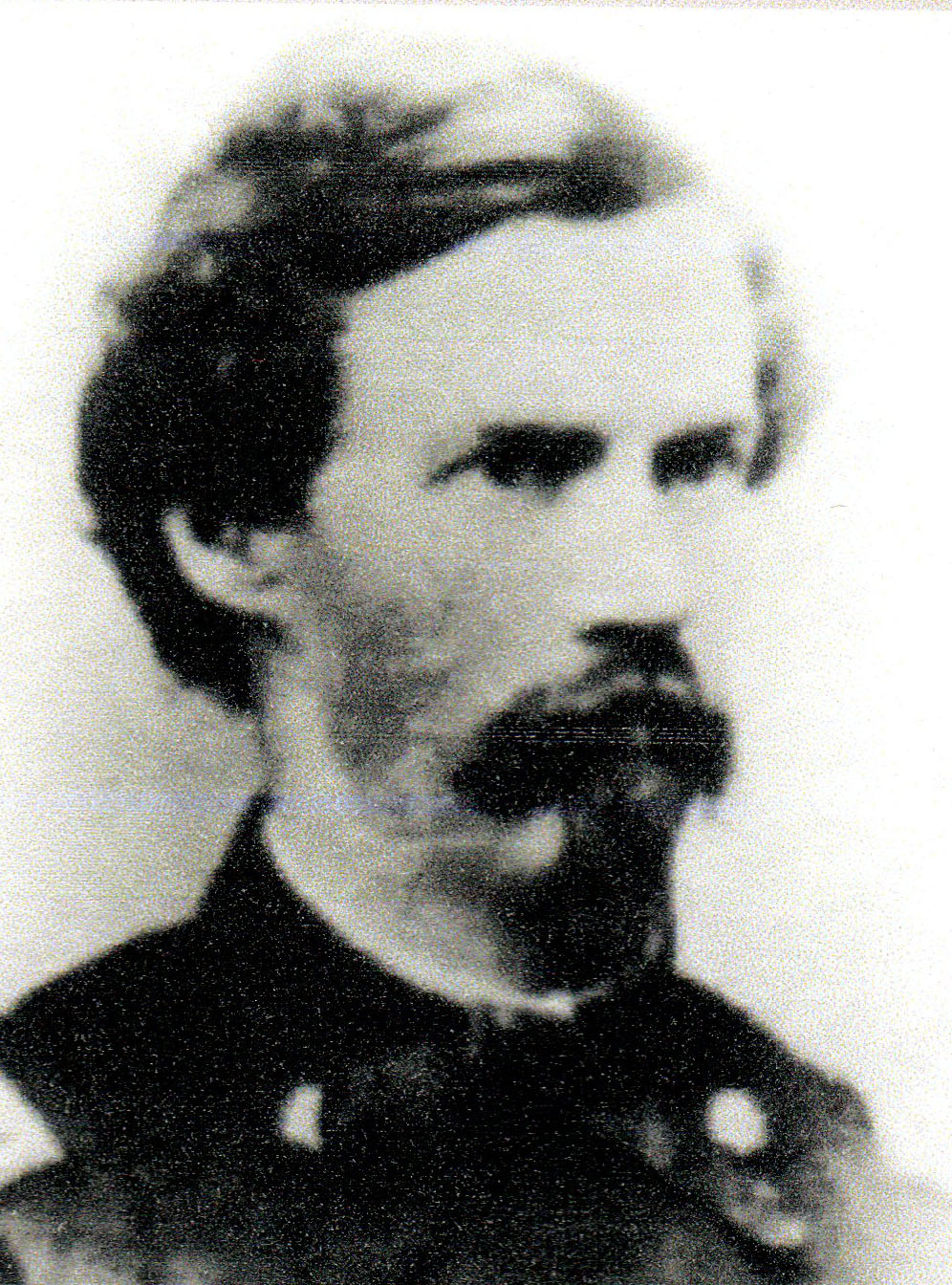

Brevet Brigadier General Colonel Israel Smith
1838 - 1899
Burial: Oakhill Cemetery, Grand Rapids, Michigan
|
Israel Smith as a young man he worked in his father's lumber mill on the Muskegon River. Later, he attended Albion college for two years, then studied law with a legal firm but the law was not what he desired. At the age of 20 he went to California searching for gold but never found any. The trip west conditioned him for the war in which he would be very involved. When he returned from the west, he once more took up law for about a year until the Civil War broke out. He enlisted as a private; was promoted to Second Lieutenant in 1860; July, 1861 he was promoted to First Lieutenant at the first Bull Run battlefield. He was wounded several times including at Gettysburg where he was shot and commended for his gallantry. He returned home due to his wounds in 1863. In August of that same year, he was promoted to Major of the 10th Regiment Michigan Volunteer Cavalry, taking command of the camp at Grand Rapids. The fall of 1863 the regiment headed south through Kentucky and East Tennessee to the Virginia line. By 1865 he was made Colonel of his regiment. The then returned to Michigan where the regiment was mustered out. He was commissioned Brevet Brigadier-General on 13 March 1865. He carried the bullet in his body from the Battle at Gettysburg until he died. General Smith died of a gunshot wound in a hunting accident in 1899 near Reeds Lake. After being mustered out, he became the manager of the National Hotel, which
stood where the Morton House now stands in Grand Rapids. He came out of the war a brevet Brigadier General. Israel Smith was commander of the local state troops in the 1870's in Grand Rapids. He was in charge of a regimental encampment at Reeds lake. The area near Reeds lake was mostly rough saloons and one night some soldiers got in a fight with some local roughnecks. The fight in a saloon spread outside. All of a sudden, over a hill came a man on a black horse, riding like the wind. Sword flashing, he charged among the fighters, scattering them. He rode right through the door of the saloon swinging his weapon. After the fight broke up, he used his sword destroying the bottles behind the bar. Within a short time, the saloon was closed and padlocked. That man was General Smith. He was a born soldier and leader, a terror on horseback. |
Transcriber: ES
Created: 26 June 2009